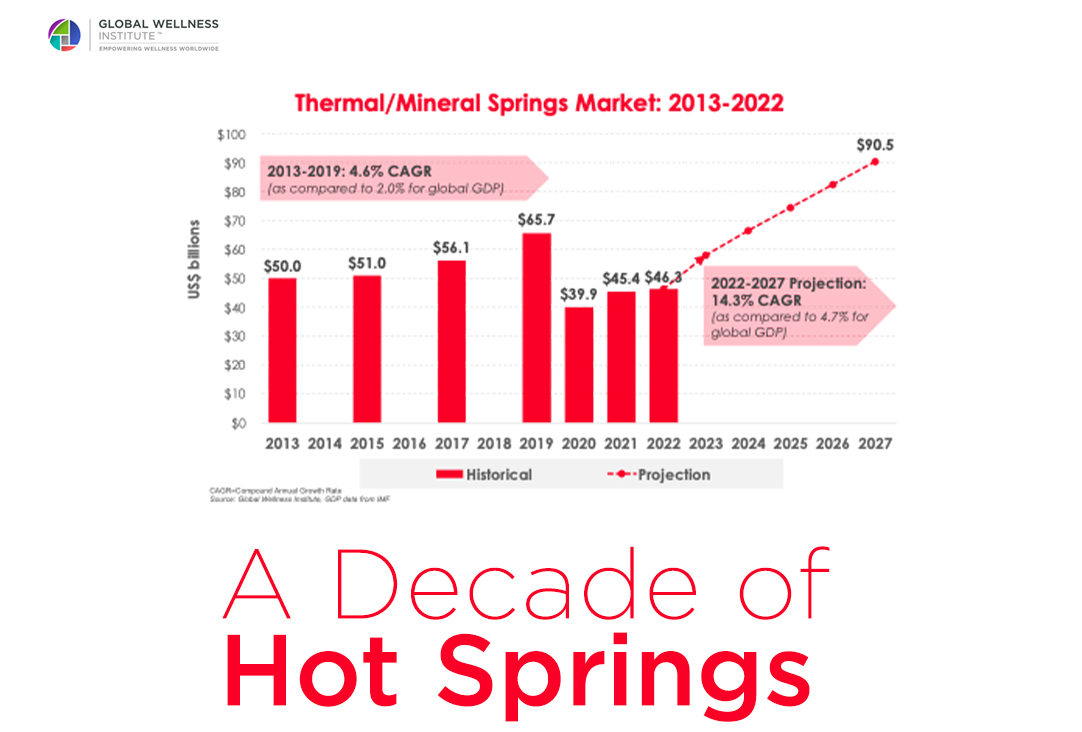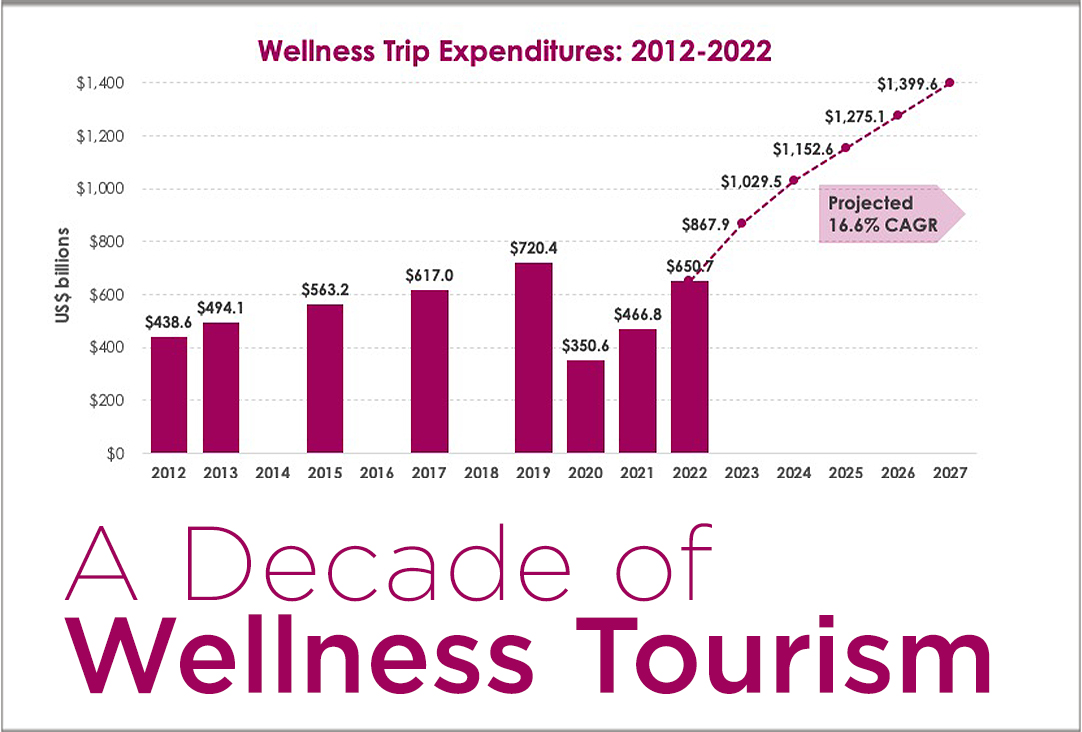Research in Action: GWI Shared Wellness Real Estate Insights at the Urban Land Institute (ULI) Spring Meeting At the full-day event, we introduced the concept of holistic wellness, the wellness economy (our favorite, the bubble chart!), and the size and opportunities for wellness real estate, focusing on the residential market. We discussed the growing importance and consumer interest in these products, and shared the framework…





























































